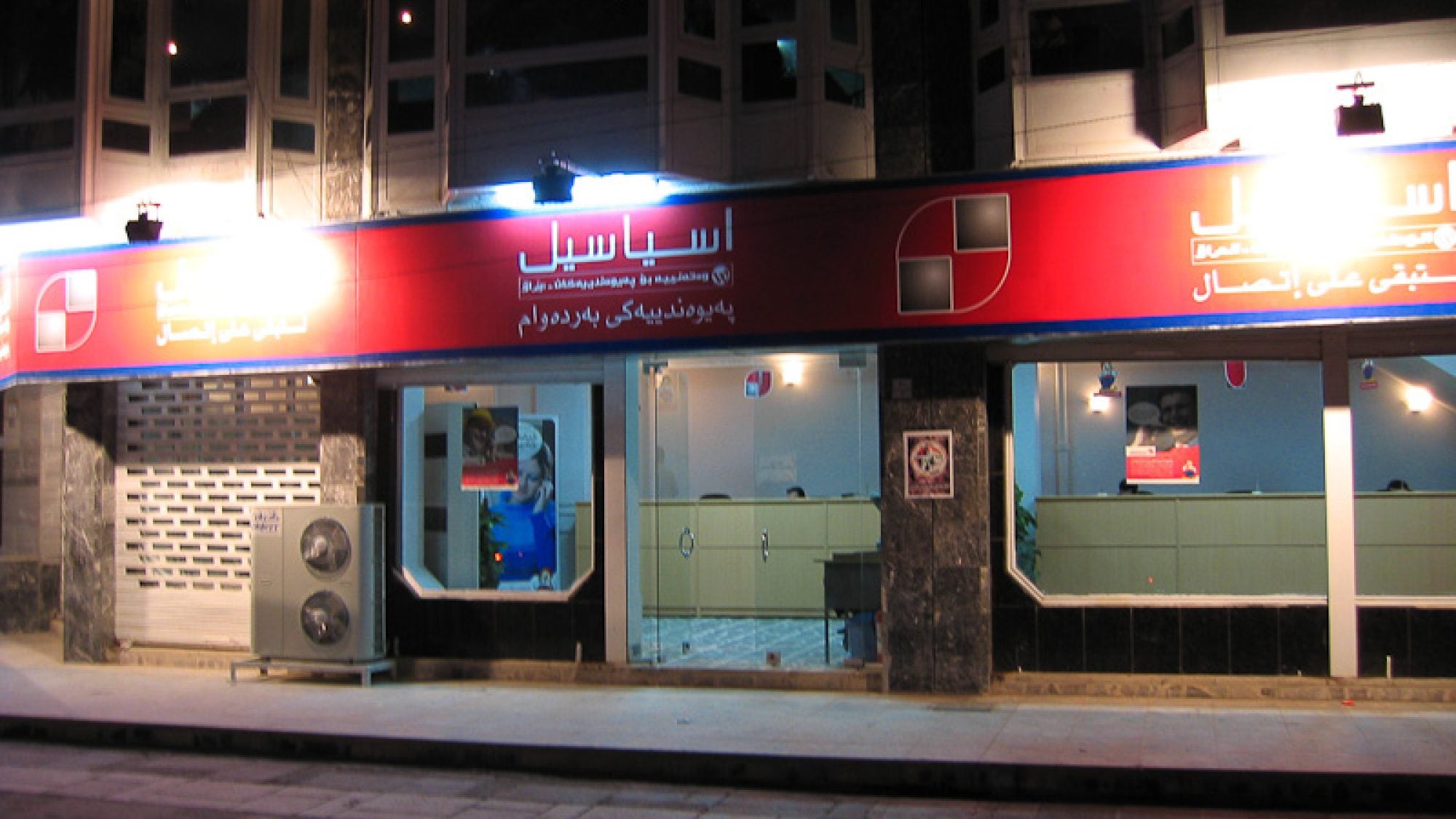Looking forward, however, becomes more interesting. The Middle East has virtually never known landlines. Mobile usage in many countries across all economic demographics often exceeds 100% (meaning many people have more than one mobile phone). More importantly, senior mobile executives told me that within two or three years there will be 50% or greater smart-phone usage in countries like Egypt. That number is already exceeded in the Gulf.
To some people, smart phones are better-featured phones; to others, they are mobile media devices where one can watch video and listen to music anywhere. They are certainly both, but this misses the more central revolution. Smart phones have the same computing power that put a man on the moon. When we say a country has 50, 60, 70% or more smart phone usage, we are saying half or 2/3 of humanity is walking around with super computers in their pockets.
The ramifications change societies and open unprecedented opportunities for problem-solving and innovation. Kenya, which had effectively no banking infrastructure a decade ago, is today the largest in aggregate mobile payment country on earth; 20% of its total GDP passes through regular texting capabilities that move cash for people around the country. Businesses, old and new, have grown rapidly by having an entirely new foundation by which to facilitate transactions. Education entrepreneurs have found ways to order distance supplemental education. Communities have created watchdog capabilities where individuals can track corruption and abuse.
In Dubai, souq.com has become the Amazon of the Middle East. In Lebanon, Instabeat has created Google Glass-like swim training goggles to monitor heart and breathing. In Egypt, Nafham—a Khan Academy in Arabic—has attracted over 10,000 crowd-sourced videos for math, reading, and writing. There are platforms and mobile apps connecting women at home, enabling women to share language and art in Arabic and to tackle daily issues ranging from navigating traffic to green energy to recycling.
When people have access to smart phones, they have access to each other, to others’ ideas, to unprecedented collaboration, to the ability to see that if something works there it could work here, and to the world’s knowledge at their fingertips, essentially for free.
I cannot tell you what Syria will look like in six months or Egypt in three years. But I can assure you that there will be a lot more and better technology in the hands of a lot more people in that time frame. Though the old challenges will remain, and will even be terrible at times, there are tools available to us all in the next decade that were not available in the last. How we decide to engage will make all the difference.
Image Credit: Zuppi, CC BY 3.0 <https://creativecommons.org/licenses/by/3.0>, via Wikimedia Commons
This is an archived article. While every effort is made to conserve hyperlinks and information, GJIA’s archived content sources online content between 2011 – 2019 which may no longer be accessible or correct.

